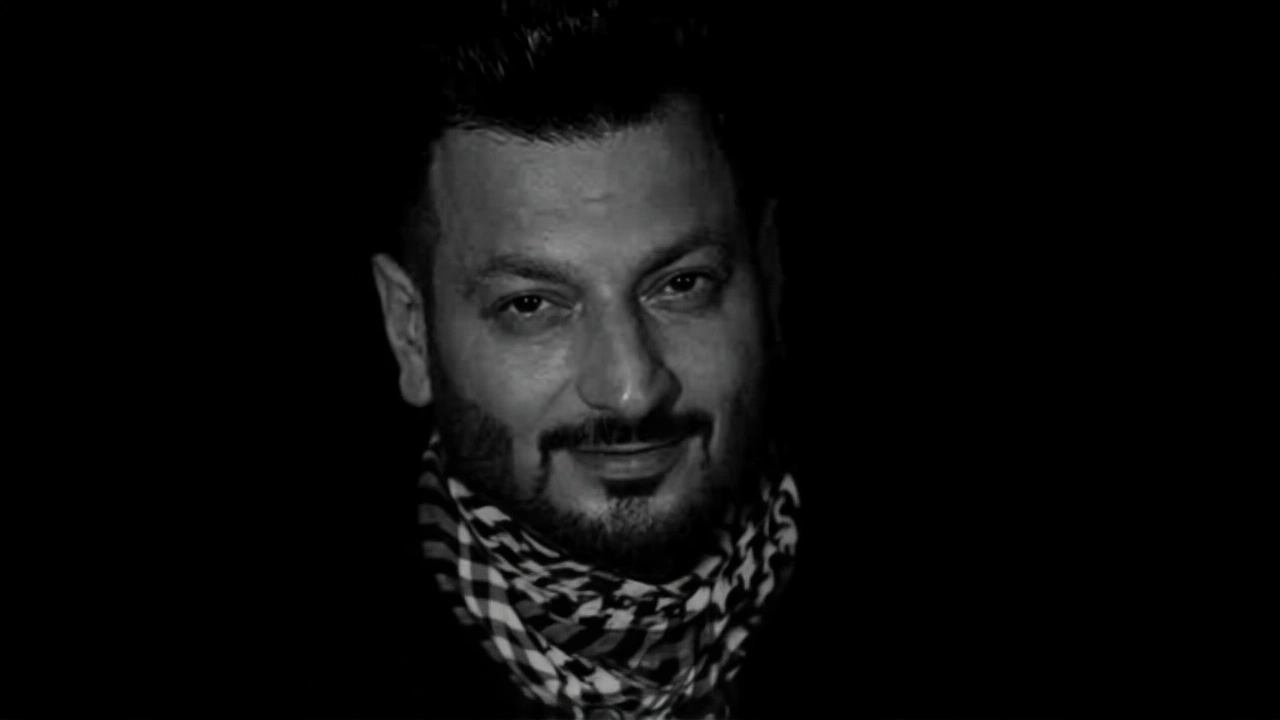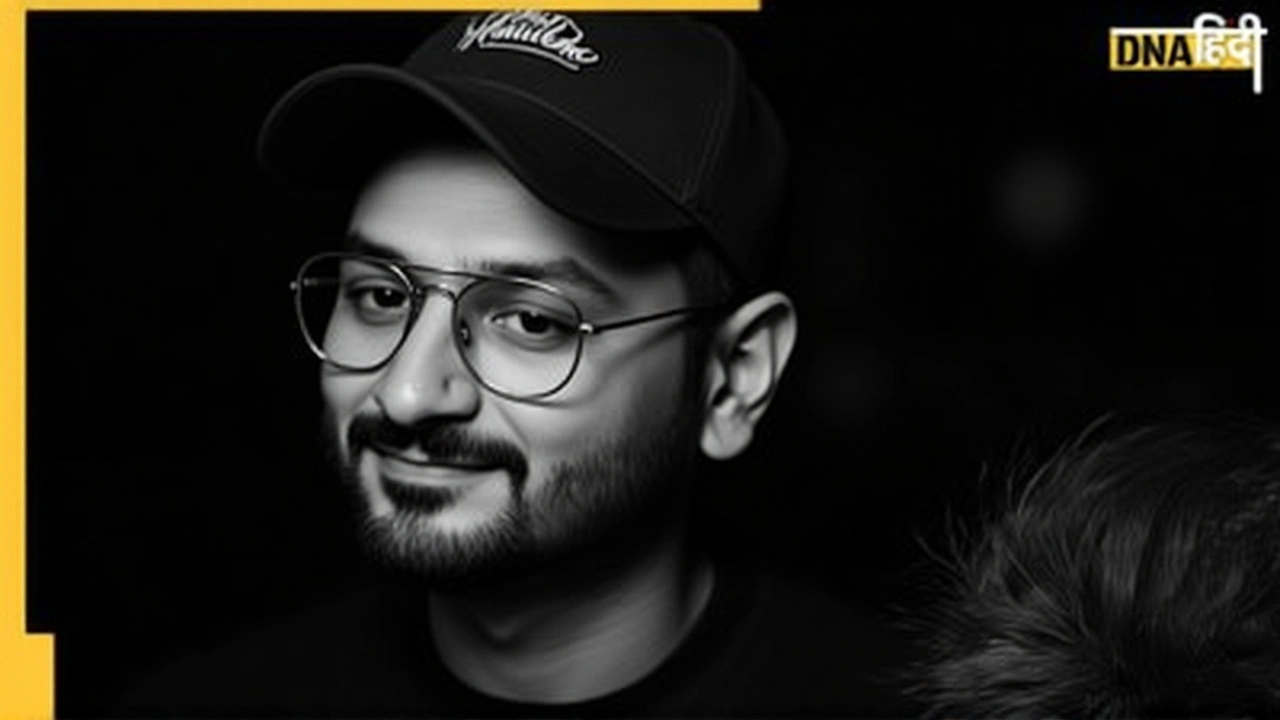When Rishabh Tandon, a 35‑year‑old singer‑actor popularly known as Faqeer, suffered a fatal heart attack in Delhi on the night of October 22, 2025, the loss sent shockwaves through India’s entertainment circles and ignited a nationwide conversation about cardiac health in young adults. The tragedy, first reported by The Times of India on October 23, highlighted a worrying uptick in sudden cardiac events among people under 40 who appear otherwise fit.
Background on Rishabh Tandon’s Career
Born in 1990 in the bustling suburbs of Delhi, Tandon entered the music scene in 2012 with a fusion of indie pop and traditional Indian melodies. Over a decade, he amassed more than 30 singles, starred in two television dramas, and composed scores for regional films. Colleagues often described him as a “creative chameleon,” able to switch from soulful ballads to high‑energy dance tracks without missing a beat. His wife, Olesya Nedobegova, a Russian‑born entrepreneur, had moved with him to Delhi after their 2022 marriage and was frequently seen supporting his live performances.
The Sudden Passing and Immediate Reactions
The night of October 22 was, by all accounts, ordinary. Tandon had just returned from a rehearsal for an upcoming music video when he complained of sudden chest tightness. Friends called an ambulance, but he was pronounced dead at All India Institute of Medical Sciences within minutes. No prior public record indicated chronic heart disease, which made the event all the more startling.
Within hours, fans flooded Twitter and Instagram with tributes. One follower wrote, “He sang my heartbreaks away; his loss feels personal to every fan who ever felt alone.” The outpouring prompted NDTV to interview Olesya, who posted a tear‑stained message on October 23: “My beloved Rishabh left us too soon. The last rites will be performed tonight in Delhi; please keep our family in your thoughts.”
Even before the funeral, the media landscape shifted. Hindustan Times recalled how, just two days earlier on October 20, the couple had celebrated Karwa Chauth, a Hindu fast for a husband’s longevity. The juxtaposition of a joyous festival and a sudden death struck many as a stark reminder of life’s fragility.
Medical Insight: Warning Signs for Young Hearts
Amid the grief, Dr. Jeremy London, a cardiovascular surgeon based in New York but frequently consulted by Indian media, offered a concise list of red‑flag symptoms that often precede cardiac events in people under 40:
- Exertional chest pain that radiates to the arms, jaw, or back.
- Shortness of breath that eases only when you sit or lie down.
- Inability to lie flat without feeling winded.
- A noticeable drop in exercise capacity accompanied by fatigue.
- Dizziness, near‑fainting, or a racing heartbeat at rest.
“Young adults often dismiss these signals as stress or lack of fitness,” Dr. London warned, “but they can be early markers of underlying coronary artery disease or cardiomyopathy.” He emphasized that early screening—such as an electrocardiogram (ECG) and lipid profile—can catch silent risk factors before tragedy strikes.

A Growing Trend: Young Celebrities and Cardiac Events
The Times of India noted that Tandon joins a sadly growing list of Indian entertainers who died unexpectedly from cardiac causes. Television actor Sidhart Shukla collapsed at 32 in 2022, Kannada star Chiranjeevi Sarja suffered a heart attack at 35 in 2023, and actor Rakesh Poojary passed away at 38 in 2024. Collectively, these cases suggest a shift: heart disease, traditionally linked with older age groups, is now cutting across younger demographics.
According to a 2023 report by the Indian Council of Medical Research, cardiovascular disease accounts for 28 % of deaths among Indians aged 30‑45, a figure that has risen by 6 % over the past decade. Lifestyle factors—high‑salt diets, sedentary work, and stress—are often blamed, yet genetic predispositions and hidden conditions like hypertrophic cardiomyopathy play a substantial role.
What Can Be Done: Prevention and Screening
Public health experts argue that awareness alone isn’t enough; accessibility to affordable screening is crucial. Dr. London recommends a tiered approach:
- Annual health check‑ups for anyone over 25, including blood pressure and cholesterol tests.
- Targeted ECGs for individuals with a family history of heart disease.
- Community‑based awareness drives in schools and workplaces, focusing on the five warning signs listed above.
In Delhi, the municipal health authority announced plans to launch free cardiac screening camps in partnership with local NGOs starting in November 2025. If successful, similar initiatives could roll out across other major metros like Mumbai and Bangalore.

Looking Ahead: Public Health Implications
The outpouring of grief for Tandon has inadvertently become a catalyst for policy debate. Lawmakers in the Lok Sabha are now petitioning the Ministry of Health to consider mandatory cardiac risk assessments for employees in high‑stress sectors, from IT firms to film studios. While critics argue that such mandates could burden small businesses, supporters counter that the long‑term savings from prevented heart attacks—estimated at billions of rupees in medical costs—outweigh short‑term expenses.
For fans, the loss is personal; for the nation, it’s a warning sign. As one tribute on Instagram read, “Rishabh sang for our souls; now his story sings for our health.”
Frequently Asked Questions
What warning signs should young adults watch for?
Experts point to five key symptoms: chest pain during exercise that spreads to the arm or jaw, shortness of breath that improves only when sitting, inability to lie flat, sudden fatigue with reduced exercise capacity, and episodes of dizziness or a racing heartbeat at rest. Spotting any of these early and seeking a cardiac evaluation can be lifesaving.
How common are heart attacks among people under 40 in India?
According to the Indian Council of Medical Research, about 28 % of deaths in the 30‑45 age bracket are due to cardiovascular disease, and that share has risen roughly 6 % in the last ten years, signaling a growing public‑health concern.
Will the government introduce mandatory heart screenings?
A proposal is currently being debated in Parliament to require periodic cardiovascular risk assessments for employees in high‑stress industries. While not yet law, the discussion reflects mounting pressure after several high‑profile deaths, including Rishabh Tandon’s.
How can families honor Rishabh Tandon’s legacy?
Fans have organized tribute concerts and fundraising drives for cardiac research. The family’s official channel also encourages donations to Delhi’s free screening camps, turning grief into a practical step toward preventing future tragedies.
What role did the recent Karwa Chauth celebration play in the story?
The observance of Karwa Chauth on October 20 highlighted the cultural context of Tandon’s personal life, underscoring the irony that a ritual meant to protect a husband’s longevity was followed merely two days before his untimely death, deepening public reflection on health awareness.
